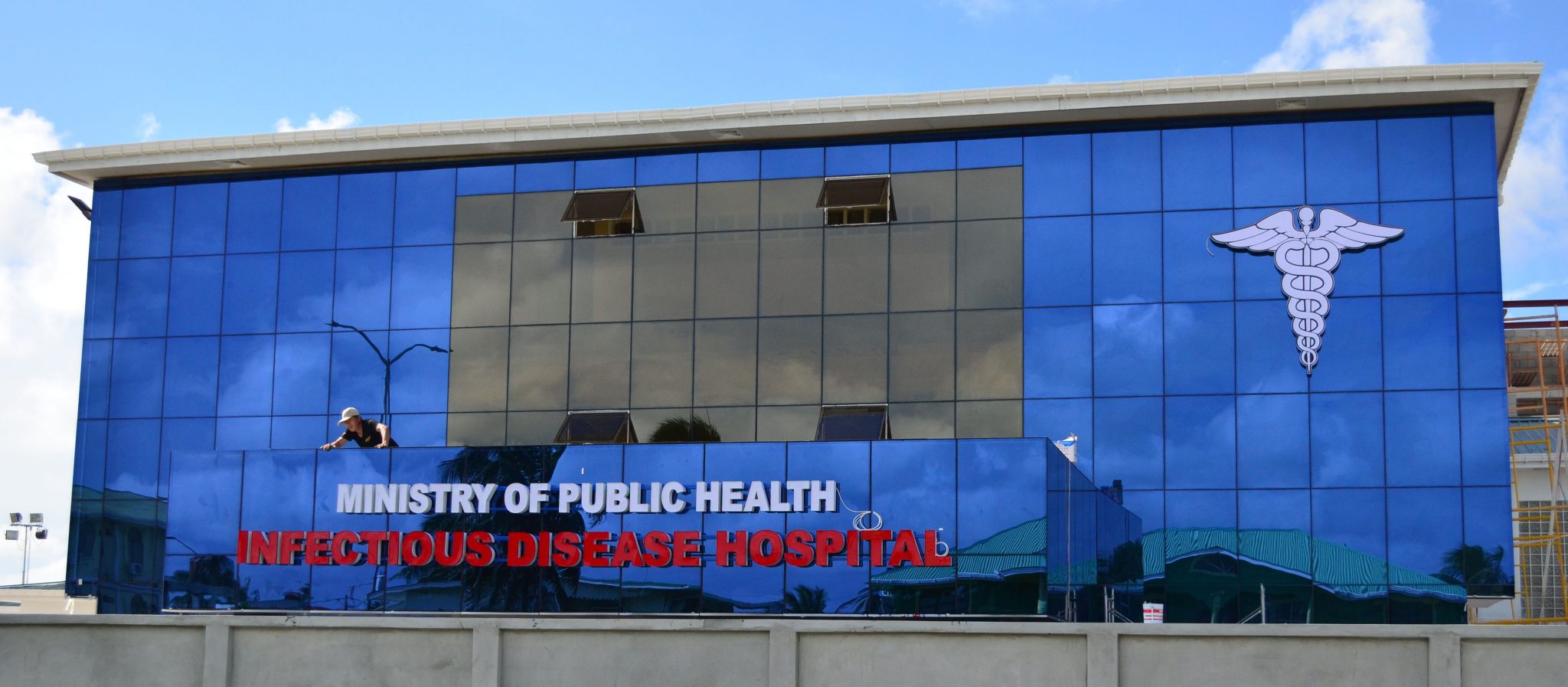
The socio-economic impacts of The COVID-19 pandemic in the Caribbean are non-neutral, affecting some persons and entities more than others, with vulnerable groups including children, youth, women and girls, the poor, informal sector workers and small businesses, being among the hardest hit. To curb the rapid transmission of the disease, Non-pharmaceutical Interventions (NPIs) – full and partial border closures, lockdowns, curfews etc. – have been adopted and are still in place (to varying extents) by governments in the Caribbean, and around the world.
Governments have provided a range of measures to ease the socio-economic impact on vulnerable groups. By assessing how vulnerable groups have fared in the COVID-19 pandemic, and how government responses have or have not helped, this research sought to articulate recommendations for policies that would be suitable to mitigate the impacts of COVID-19 on the selected vulnerable groups.
Using case studies of Caribbean countries, Antigua and Barbuda, Barbados, Jamaica and Trinidad and Tobago, with varying levels of vulnerability, this study analysed the impacts of the pandemic and response on vulnerable groups with regard to water, sanitation, and hygiene (WASH), education, food security, income, and business sustainability.
The pandemic has impacted all people’s savings and income earning potential, but the poor have been most affected. Households with children and youth, and people with disabilities, are in the greatest need of social assistance. Pandemic-related relief often excluded informal sector workers and businesses, though informal small businesses have experienced some of the worst impacts, particularly as relates to their household expenses.
